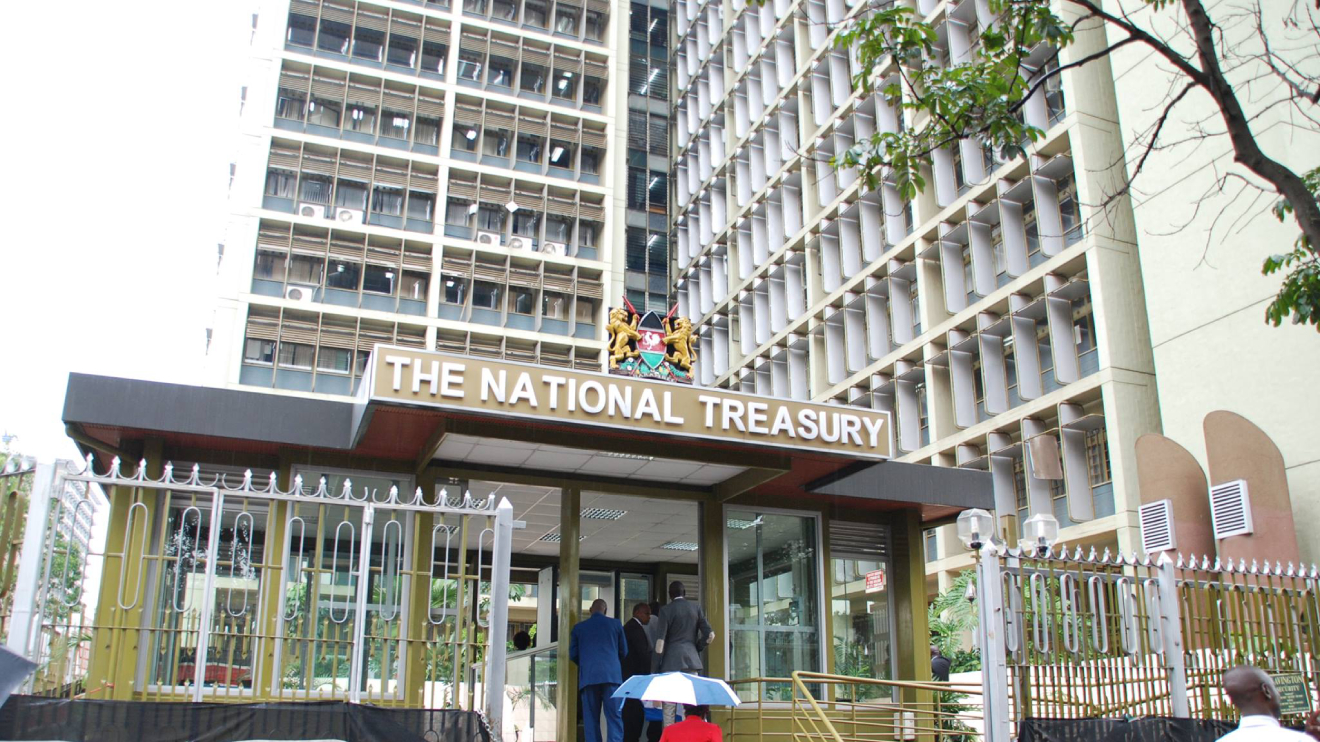Seventeen years’ worth of government arrears totalling Sh146.2 billion are expected to be wiped out before the close of the current fiscal year, according to the National Treasury.
The move is part of a broader reform to bring transparency to state finances.
Treasury chief John Mbadi said the approach will ensure unpaid obligations are no longer treated as off-balance items.
During the unveiling of the FY2026/27 and medium-term budget process, he explained, “With accrual accounting, we will capture all government commitment and liabilities including what we are calling pending bills which don’t form part of our budget deficit. Going forward it will be in the budget deficit so that we have a more realistic deficit.”
Data from the Treasury shows that the Pending Bills Verification Committee has been reviewing 115,617 claims worth Sh664.8 billion dating between June 2005 and June 2022.
Read More
Of these, 78,567 bills valued at Sh571.5 billion were scrutinised, and Sh226.7 billion recommended for settlement.
So far, Sh80.3 billion has already been cleared using proceeds from an infrastructure bond, leaving Sh146.2 billion unpaid.
Treasury Principal Secretary Dr Chris Kiptoo noted that the figure could shift slightly.
“This number could have changed because there was a retreat by the committee recently so we will be updating the public soon,” he said.
He further explained the plan behind the clearance, remarking, “We have indicated in the fiscal framework that we intend to settle this amount in this fiscal year and it's tied with the State Owned Enterprises reforms and privatisation reforms.”
At the same time, Treasury has forecast the economy to expand by 5.3 per cent this year.
Officials attribute the outlook to strength in agriculture, manufacturing and services, coupled with public investment, macroeconomic stability, and rising business confidence.
Looking beyond the current fiscal year, Mbadi said the FY2026/27 budget will be drawn under the Fourth Medium Term Plan and synchronised with the Bottom-up Economic Transformation Agenda (BETA).
He stressed the government’s strategic priorities, noting, “In this regard, our focus remains on key sectors that directly impact household welfare, including: Agricultural Transformation; Micro, Small, and Medium Enterprises (MSMEs); Housing and Settlement; Healthcare; and Digital Infrastructure and Creative Economy Investments.”
Despite the optimism, Treasury flagged several threats that could derail momentum.
Erratic weather could harm agricultural production, while mounting debt and higher debt-service costs may limit funding for development projects.
The government hopes that by cleaning up long-standing arrears and embedding them into the budget framework, it can restore financial discipline while sustaining economic growth.







